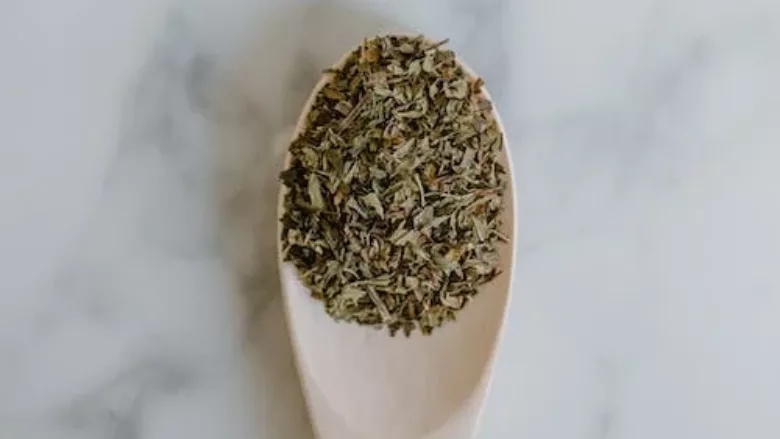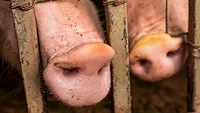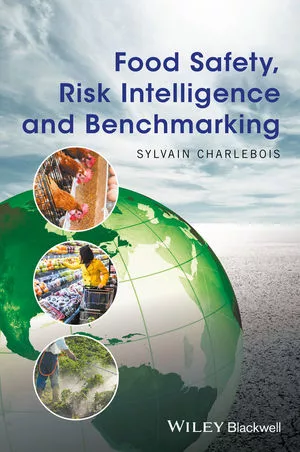Due to Risk of Liver Damage, EU Limits Green Tea Extract with EGCG in Foods

Credit: Tara Winstead (tara-winstead) via Pexels
New EU legislation restricts the amount of green tea extract containing (-)-epigallocatechin-3-gallate (EGCG) that can be present in food and sets new labeling requirements. EGCG is a catechin, which are flavinols that may lead to liver damage.
Catechins, of which EGCG is the most common type, are found naturally in the leaves of Camellia sinensis (L.) Kuntze, the plant that is processed into green tea. A 2018 scientific opinion from the European Food Safety Authority (EFSA) concluded that consumption of EGCG exceeding 800 milligrams per day (mg/day) may increase the likelihood of liver damage when taken as a food supplement. EFSA’s determination was based on studies that revealed a statistically significant increase of serum transaminases, which are indicative of liver injury, in subjects given EGCG supplements.
Despite containing EGCG, it is considered generally safe to consume catechins from traditionally prepared green tea infusions and reconstituted drinks with an equivalent composition. Among the adult population in the EU, the mean daily intake of EGCG from the consumption of green tea infusions ranges from 90–300 mg/day, while those who ingest EGCG supplemented products may consume an estimated 866 mg EGCG/day. Food supplements containing green tea catechins provide a daily dose of EGCG in the range of 5–1,000 mg/day, according to EFSA.
In its opinion, EFSA could not provide advice on a dietary intake of green tea catechins due to the varied chemical composition of catechins, including EGCG, affected by plant variety, growing conditions, and other factors. Additionally, there are uncertainties on how the composition of extracted catechins and other substances used to prepare green tea extracts is influenced by manufacturing procedures.
Based on EFSA’s opinion, the European Commission amended Annex III of Regulation (EC) No 1925/2006 to establish new limits for EGCG in foods. The legislation suggests a daily intake level of EGCG from green tea extracts at 800 mg/day, but recommends studies be conducted to determine a dose-response of hepatotoxicity of green tea catechins, and examine inter- and intra-species variability. The compound will be further reviewed within the EU, and the permitted daily dose may be changed within four years.
According to the new rules, a daily serving of green tea extract in foods and supplements must contain less than 800 mg of EGCG, and the label must state that the total daily amount of 800 mg must not be exceeded. Also based on findings from EFSA’s scientific opinion, the amended regulation requires labels on products supplemented with EGCG to provide warnings for children under 18 years of age, pregnant people, or lactating people, and should also caution against consuming the product on an empty stomach or within the same day as other products containing green tea.
The legislation does not apply to infusions of green tea that have been brewed in a traditional way, or prepared drinks with aqueous extracts of green tea containing EGCG that have a comparable composition to traditionally brewed infusions. Additionally, there are different regulations that apply to EGCG as a purified extract of green tea leaves, which is an approved new food. Goods using purified extract containing at least 90 percent EGCG are subject to Regulation (EU) 2017/2470, rather than the present legislation.
The amendment allows for a six-month transition period for producers of products supplemented with EGCG. Dietary supplements or other foods that do not comply with the new requirements, but were legally placed on the market before the change came into force, may remain on the market until June 21, 2023.
Looking for quick answers on food safety topics?
Try Ask FSM, our new smart AI search tool.
Ask FSM →









